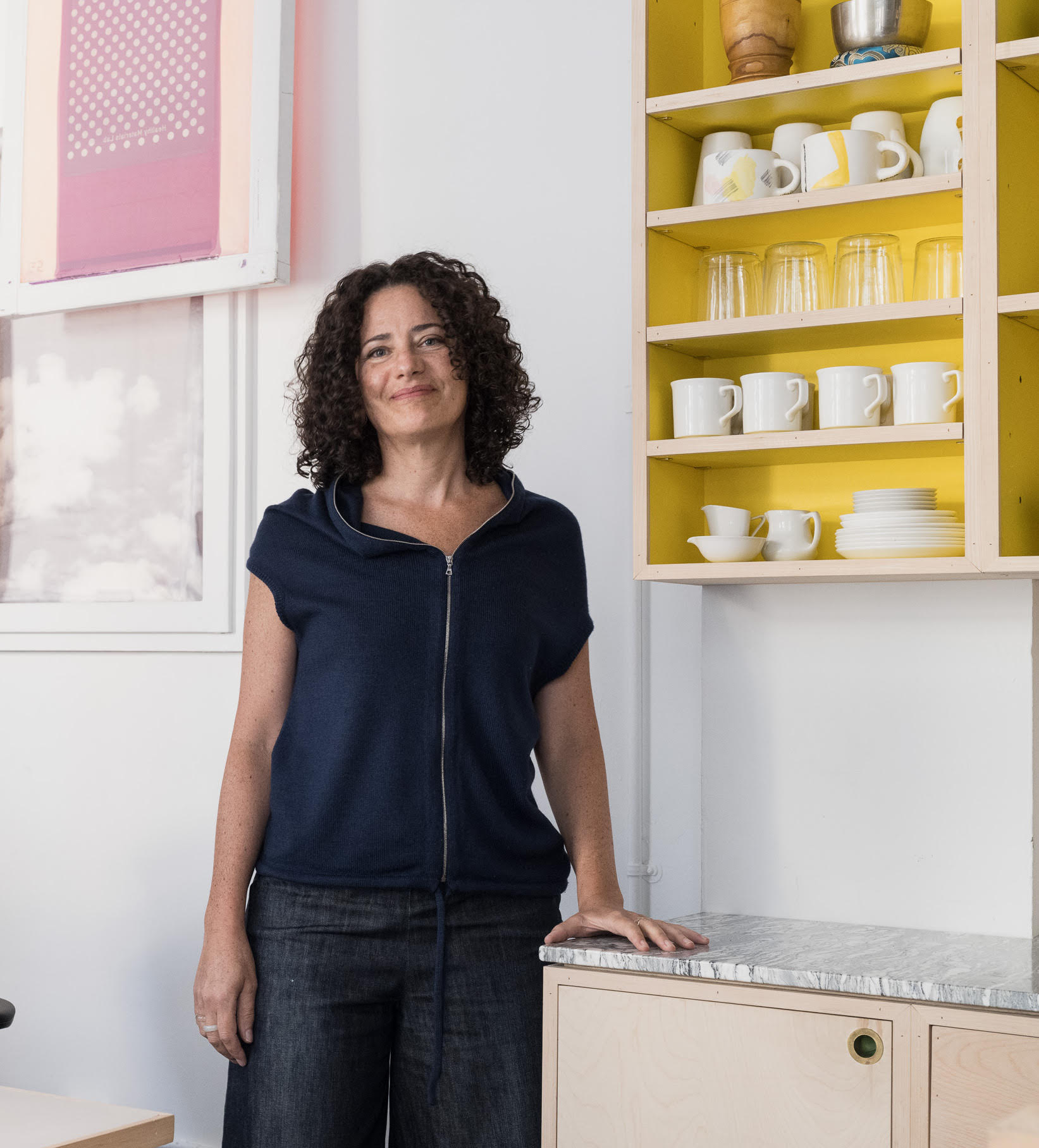Everyone deserves to have good design—that’s the maxim that drove Jonsara Ruth to pursue a career in industrial design and eventually landed her a position overseeing the mass production of furniture for a Martha Stewart collection. It wasn’t until she took a business trip to China to oversee production that her concept of “good design” turned on its head completely. “At that moment, I realized, ‘Oh, my goodness, the stuff I’m designing is producing the pollution I’m breathing right now,’” says Ruth. “So I started looking for another way.” The realization set Ruth on a new course and soon led to the launch of the Healthy Materials Lab at Parsons School of Design, where she steers designers and the industry toward better choices for the health of humans and the environment.
On this episode of The Business of Home Podcast, she speaks with host Dennis Scully about the experiences that led to her current pursuit, what questions the industry should ask about materials and ingredients, and the transformational role designers can play in a greener world.
Crucial insight: Healthier, more sustainable design often comes down to choices—and though it sounds counterintuitive, one of the most effective swaps can be forgoing furnishings with long-lasting qualities in favor of more natural materials and production methods. In the process of creating high-performance furniture that is flame-retardant, stain-repellent or antimicrobial, we often introduce a number of harmful chemicals with negative long-term health effects, such as increased risk of cancer and permanent damage to the body’s hormonal systems. As the Healthy Materials Lab’s research reveals, there are alternative materials that offer some performance characteristics in their natural form: Silk and wool, for example, are both naturally flame-retardant. Along with hemp, they’re also regenerative—and as they are replanted and regrown, they can also absorb toxins from fields that once used pesticides, leading to a healthier environment overall.
Key quote: “As designers and architects, we have a lot of control in our purchasing power. If we as designers can educate our clients to say, ‘Here’s a better option that will help the next generation not only in their health right now, but in their livelihood for the next 100 years,’ then we can turn the manufacturers, too. I know from the furnishings industry that those manufacturers are looking to us to tell them what to do next. If we say, ‘This is what people are buying, this is what we want to buy,’ they will change manufacturing processes. It’s such an opportunity—not only to make your clients’ lives better, and to make your own practice better, but to contribute to the rest of society in a way that will elevate everyone’s lives.”
Listen to the show below. If you like what you hear, subscribe on Apple Podcasts or Spotify. This episode was sponsored by Daniel House Club.
The Thursday Show
Meanwhile, on the latest episode of The Thursday Show, Scully and BOH editor in chief Kaitlin Petersen dissect the most recent news in the design industry, including Crate & Barrel’s answer to rising renovation costs, Banana Republic’s effort to build a lifestyle brand, and a New York magazine cover story that paints a stark future for commercial real estate. Later, Pin-Up editorial director Felix Burrichter discusses Barbiecore.
Listen below. If you like what you hear, subscribe on Apple Podcasts or Spotify. This episode is sponsored by Four Hands.
Homepage image: Jonsara Ruth | Nicholas Calcott





























